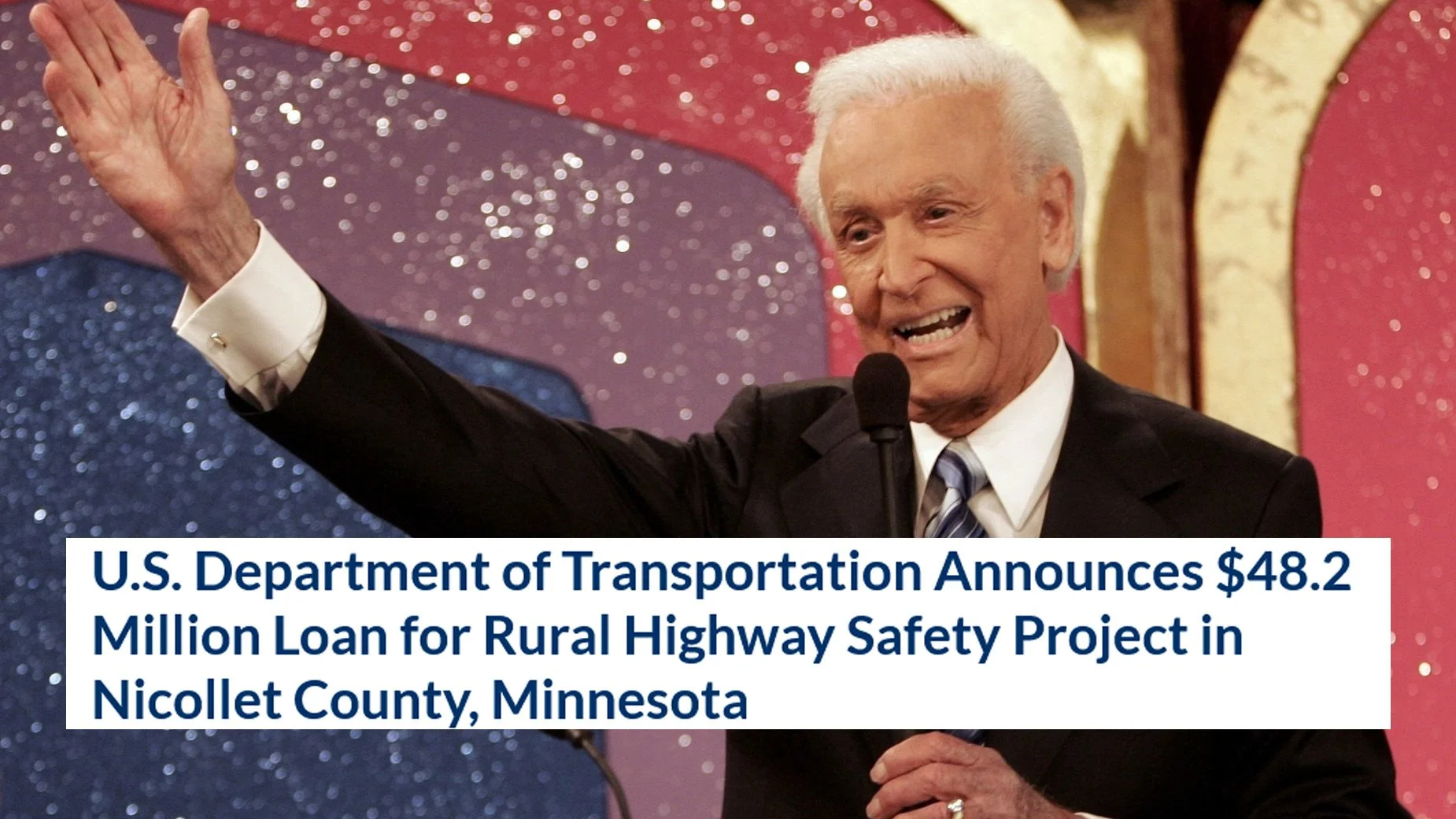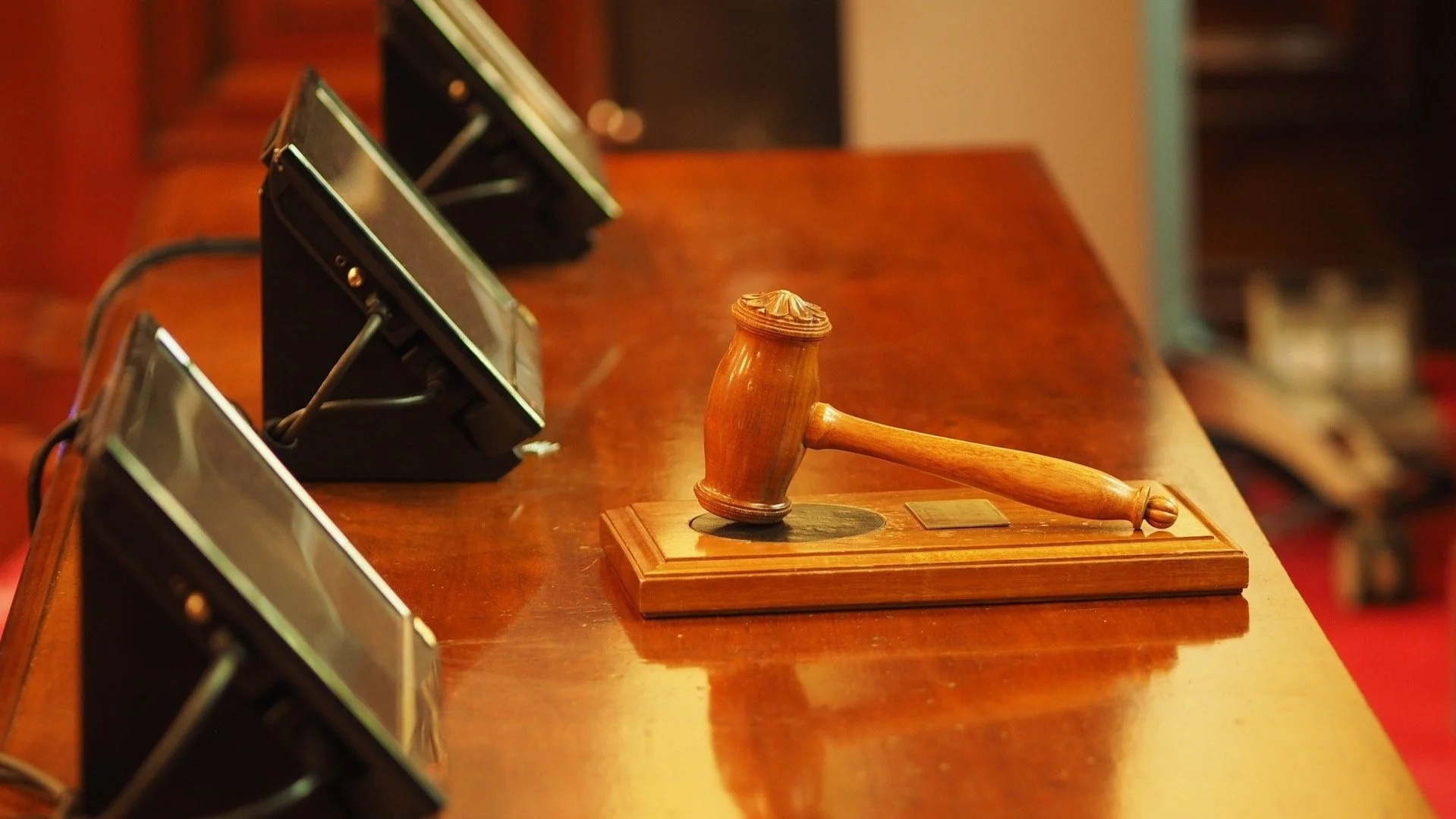Liability caps mean that a city can’t be forced to pay victims of traffic crashes above a certain amount, even in cases of gross negligence. This may seem unjust, but this kind of protection can encourage city officials and employees to be proactive in addressing past mistakes and making streets safer. Here’s how.
Read MoreFor decades, state and federal highway agencies have justified massive projects with traffic forecast models. But a closer look reveals a troubling pattern of exaggeration, manipulation and outright falsification in these models.
Read MoreFrom lying about survey results to misrepresenting traffic data, the impending expansion of Interstate 95 in Pennsylvania exemplifies so much of what is insidious and manipulative about highway expansion projects.
Read MoreCity engineers rely on faulty logic and misrepresentations to maintain the status quo. This was made blatantly clear in a recent letter from the City Engineers Association of Minnesota (CEAM) — and it’s why a growing number of engineers are breaking from the party line to support reform. Here are CEAM’s top four arguments against parking reform and why they’re wrong.
Read MoreIn this Strong Towns Podcast, listen to the latest update on our lawsuit agains the Minnesota board of engineering licensure and the oral arguments made in front of the Minnesota Court of Appeals.
Read More…At least, according to the transportation professionals who advance harmful infrastructure projects in the communities they’re supposed to serve.
Read MoreHere’s the latest on our ongoing legal action against the Minnesota board of engineering licensing—now officially Minnesota v. Marohn.
Read MoreTraffic engineers in Canada wear an iron pinky ring as a reminder of their responsibility to public safety. So why, then, do they routinely make street design choices that kill people every day?
Read MoreAll truth passes through three stages. First it is ridiculed. Second, it is violently opposed. Third, it is accepted as being self-evident. We’re at the second stage in the case of engineering reform.
Read MoreToday on Upzoned, Strong Towns Founder and President Chuck Marohn and Program Director Rachel Quednau discuss updates on the Strong Towns lawsuit, and how we got here.
Read MoreThe Minnesota board of engineering licensure tried to silence a reform-minded engineer—and in response, other engineers are standing up and making themselves heard.
Read MoreThe Minnesota licensing board has essentially issued a warning to professional engineers: Stay in line or you will face attack by colleagues who disagree with you.
Read MorePointing out the emperor’s nakedness doesn’t make you very popular in the emperor’s court. That’s not going to stop us from pointing out gross negligence in the engineering profession when we see it.
Read MoreCharles Marohn was fined, censured, and reprimanded for speaking up for change as an engineer. We’re fighting to have this state board’s decision overturned, so they know they can’t use their power to intimidate those who call for reform.
Read MoreTomorrow, the Minnesota board of engineering licensure will hold a hearing to determine what final action, if any, they will take against the Strong Towns movement.
Read MoreTo protect our advocacy work against future harassment from the Minnesota licensing board, Strong Towns President Charles Marohn is retiring as a professional engineer.
Read MoreIn 2022, denying how highway expansions induce people to drive more should be considered professional malpractice.
Read MoreRecent documentation casts a disturbing new light on the Minnesota Board of Licensure’s attempts to discredit the Strong Towns movement.
Read MoreThe most frequent request we’re getting these days is for a status update on our lawsuit with the Minnesota board of licensure. Here are the answers we can give you, for now.
Read MoreChuck holds a Q&A session with Confessions of a Recovering Engineer readers.
Read More



















